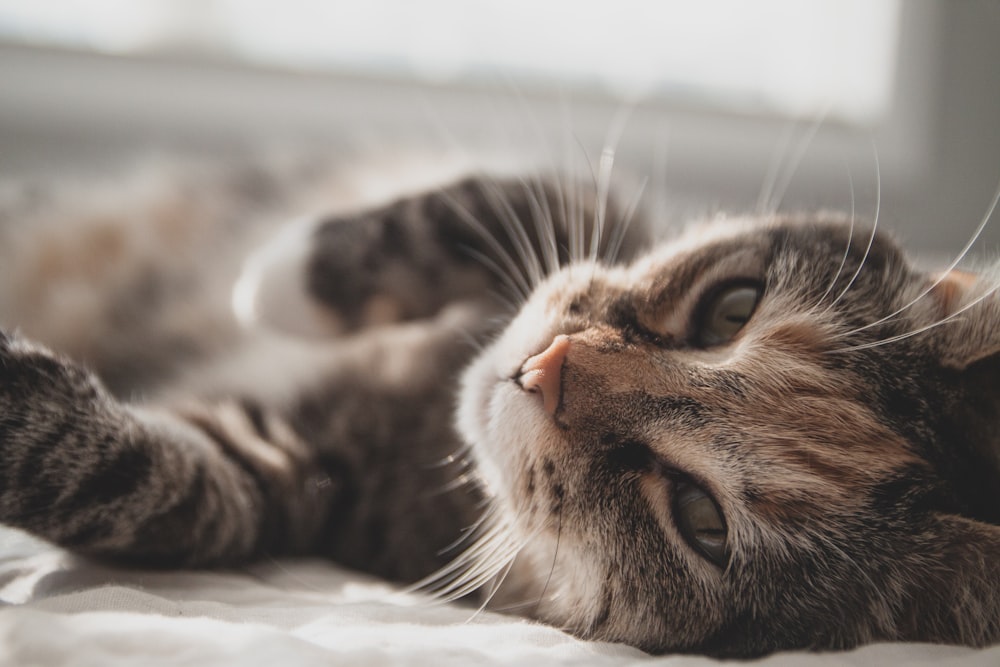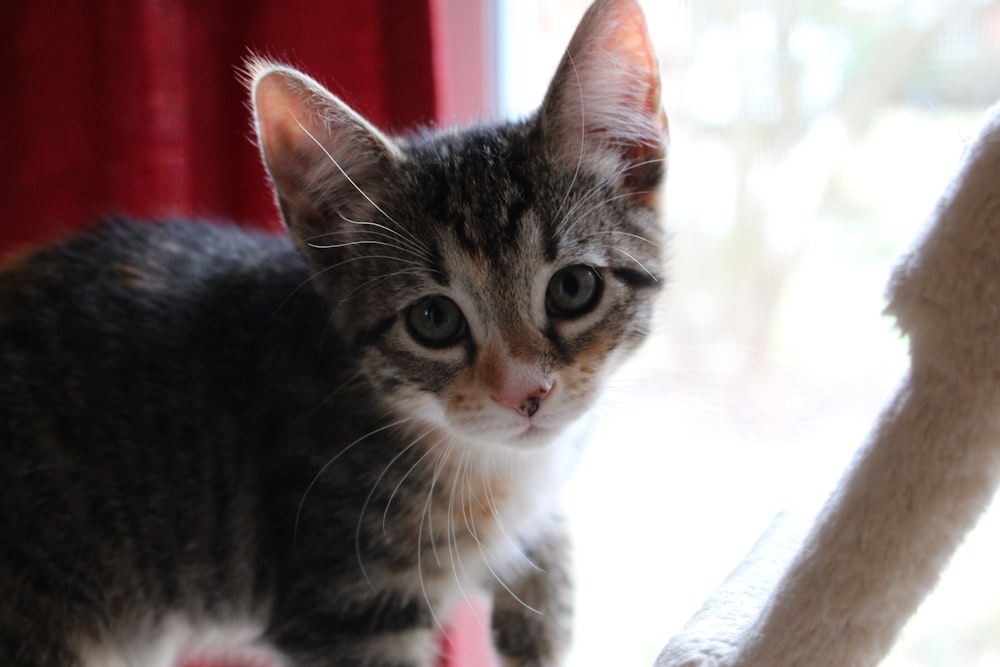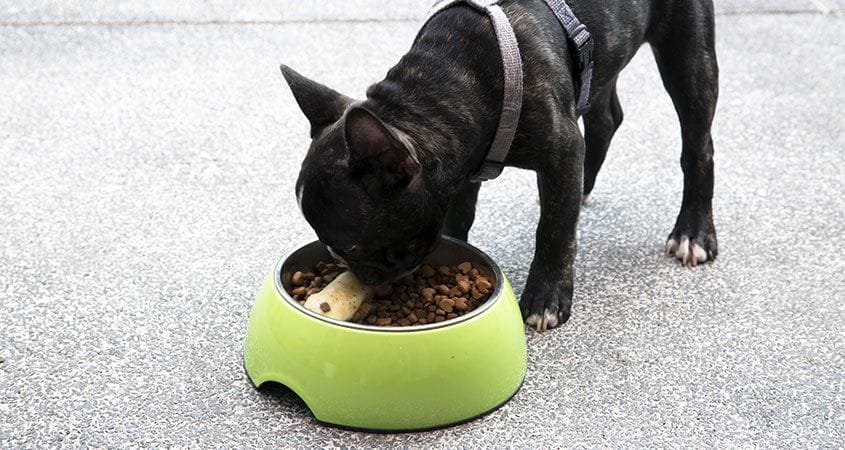Obesity in cats has similar causes to obesity in other animals and humans. Snacking in between main meals, eating excessively big portions, and not exercising might cause an animal to gain weight – Overweight Cat.
It has a bad impact on his well-being, attractiveness, and health, unfortunately. See what you can do to assist your obese cat in regaining his or her fitness!
What’s The Difference Between Obesity And Overweight In Cats?
To begin, it is vital to define obesity in cats and how it varies from being overweight in humans. These terms are frequently used interchangeably, which is a huge mistake. The BCS instrument, often known as the body condition score, is used to assess the condition.
Obesity is a dangerous condition that affects animals who have a body weight that is at least 30% higher than the optimal weight. It’s a side effect of being overweight, and it’s much easier to overcome. It affects cats whose body weight is 15-30% higher than normal.
An obese cat, as well as a fat cat, which is an overweight animal, have some variances in appearance. The first one has no discernible ribs and a very large tummy.
When you look at your pet from the side, you’ll notice that its paws seem short, but they’re actually covered with fatty tissue, which causes the abdomen to sag.
The ribs are slightly pressed in an overweight cat, and the belly is at the same level as or slightly lower than the rib cage. Your pet’s eyes may appear to be a little broader than usual.
Where Does Feline Obesity Originate? A Few Words Regarding The Reasons For This
Obesity in cats does not have to be the result of a voracious appetite. Animals with various disorders, such as hypothyroidism, hyperadrenocorticism, diabetes, or digestive system illnesses, frequently struggle to maintain a healthy weight.
It’s also natural for cats who have orthopedic issues to move less. As a result, it’s important to see a veterinarian on a regular basis and have your pet examined. Taking some drugs, particularly steroids and hormones, can lead to obesity.
Obesity After Castration In A Cat
Cat caretakers may observe changes in their cats’ bodily condition after castration. It’s only natural that they’re more prone to gaining weight after surgery than before. Changes in hormone concentrations influence it, which normally stabilize after a few weeks.
During this time, it is critical to ensure that cats are appropriately fed in accordance with their new requirements. It’s critical to keep the calorie content of meals low in the first several months after surgery. This will assist keep your cat’s physique in good shape and prevent excess body fat from the building.
What To Do If Your Cat Has Gained A Few Pounds?
Assessing the circumstance is the first step you should do. It’s advisable to consult your veterinarian to ensure that the issue you’re dealing with is overweight rather than obesity. As a consequence, gather a health brochure, past test results, and information on how you feed your pet.
All of this information will be required for the diagnosis. Your veterinarian may also inquire about the frequency of meals and your pet’s feeding habits. If he or she is still unsure, he or she will order additional testing, such as blood and urine testing. He will then analyze the scope of the problem and devise a short-term action plan.
Make Sure Your Cat Gets Enough Exercise!
Exercise, in addition to correctly feeding your cat, is essential for weight loss success. Whenever possible, take him for walks in the fresh air while keeping an eye on him. Maybe it accepts a leash and a harness? Then your job becomes a lot easier.
Remember to roam around the house to keep your pet’s hunting instincts stimulated. You can perform it multiple times a day, for example, for 5-6 minutes each time, and the fun will grow with time.
Toys that encourage a variety of physical activities could be beneficial. Remember that games that resemble hunting should be played in the following order: hunting, eating, and sleeping.




